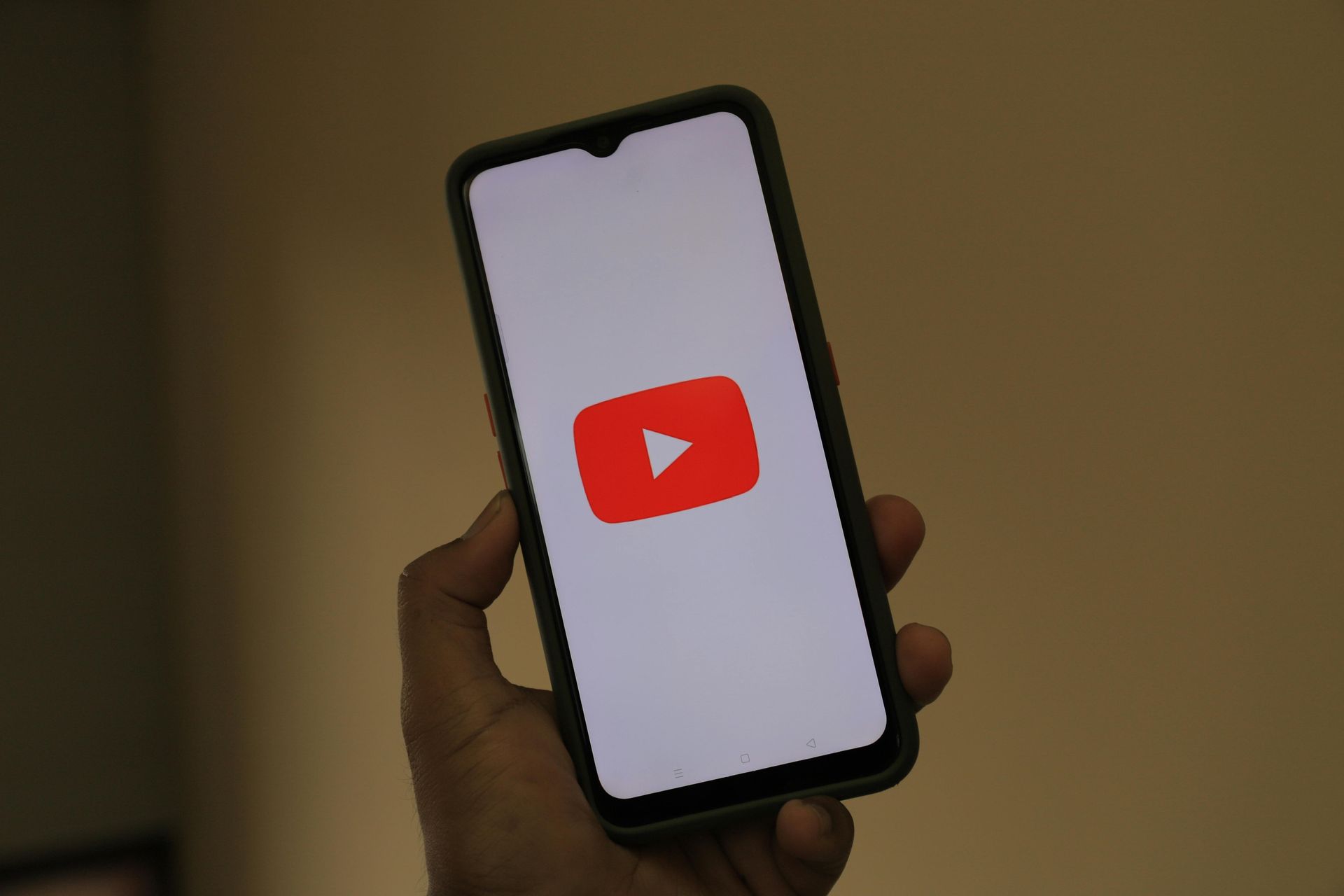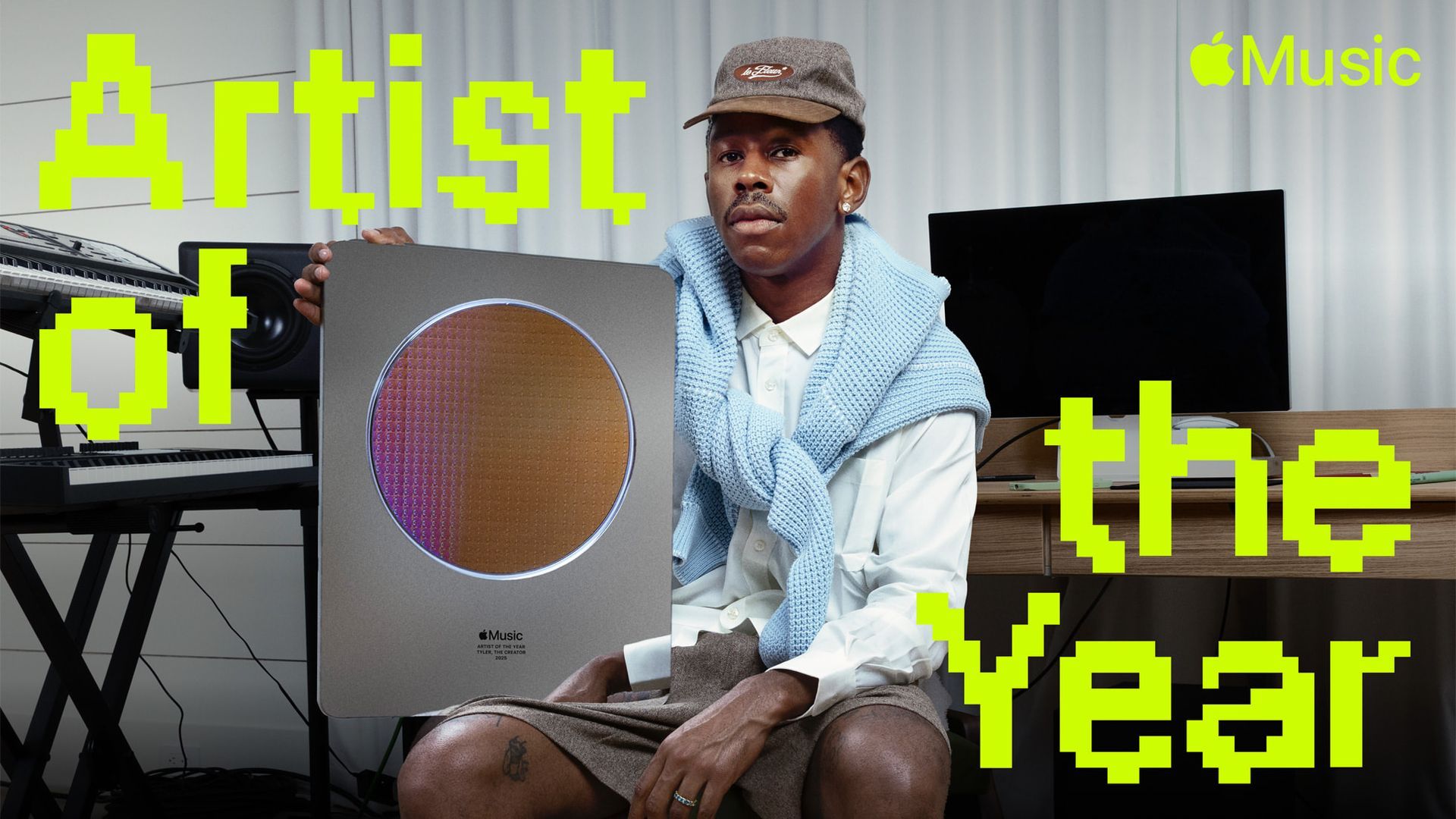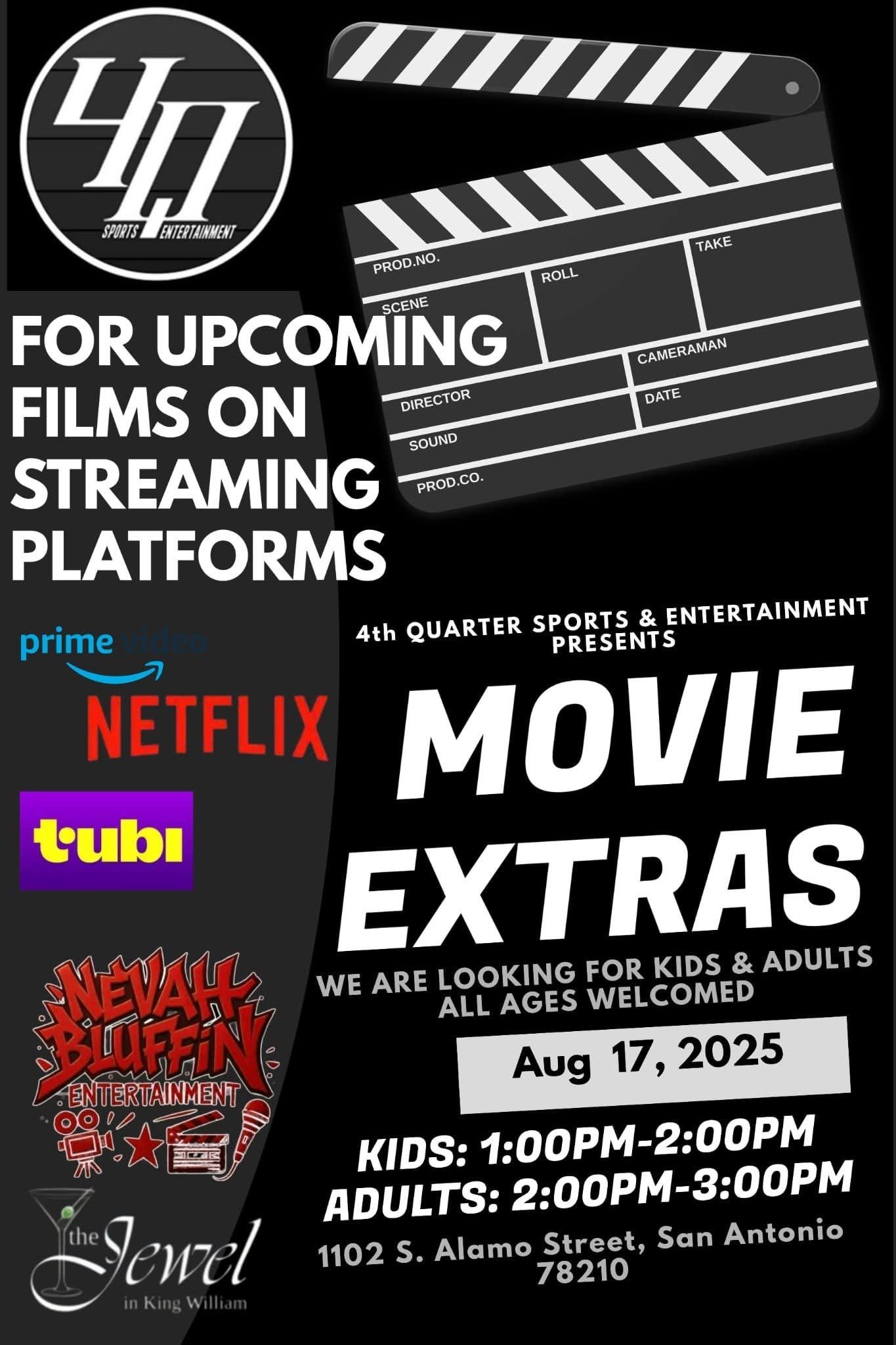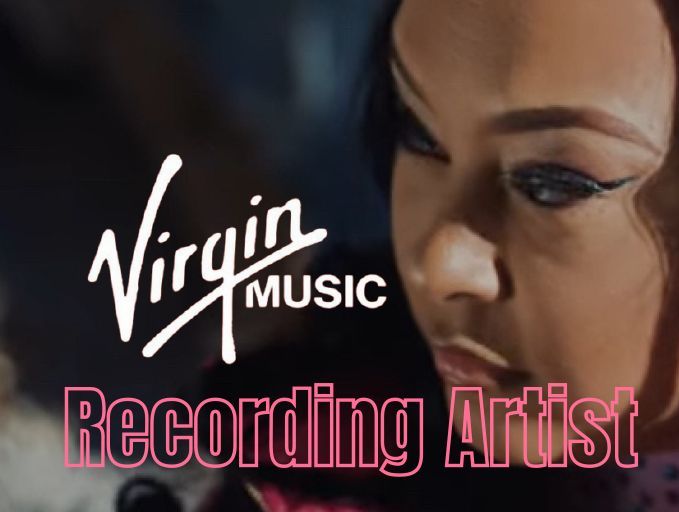Usher Sues Music Producer Over Failed Atlanta Restaurant: What Went Wrong & What It Teaches Entrepreneurs
Usher Sues Music Producer Over Failed Atlanta Restaurant: What Went Wrong & What It Teaches Entrepreneurs

Pop icon Usher (Usher Raymond IV) recently filed a lawsuit alleging that a $1.7 million loan he gave toward an Atlanta restaurant deal has not been fully repaid. According to the lawsuit, he is still owed $700,000 after a partial repayment of $1 million. AP News+2Complex+2
Here’s what happened — and why it matters to entrepreneurs, creators, and anyone using branding + business together.
What Happened
- In late 2024 (or early 2025), a group of investors approached Usher with a business plan for a restaurant/lounge in Atlanta’s Buckhead neighborhood (project name: Homage ATL). Usher declined to be an investor, but agreed to loan the group $1.7 million so they could purchase a property. Blavity News & Entertainment+1
- The funds were transferred into a trust account held by attorney Alcide Honoré (among others). However, the property was never acquired. Usher demanded repayment. He received approximately $1 million in August, but the remaining ~$700,000 remains unpaid. AP News+1
- Usher’s lawsuit names producer Bryan‑Michael Cox, entertainment lawyer Honoré, and other business associates as defendants. Cox publicly stated he was a “passive minority shareholder” and that his friendship with Usher remains “fully intact.” TheGrio+1
- Usher is seeking $4.9 million in damages, according to one report, which accounts for multiple claims plus interest and legal fees. Complex+1
Key Issues That Emerged
1. Loan vs. Investment Ambiguity
Usher loaned money but did not become an equity investor. Loans carry repayment expectations, but when the business plan faltered, it appears the terms and safeguards may not have been sufficient.
2. Use of Trust Account & Documentation
The funds were placed in a trust account for a specific purpose. According to the suit, the property purchase never happened, and there are questions about how the funds were used. Proper documentation, oversight, and exit strategies were missing.
3. Repayment Issues & Transparency
Even after a partial repayment, the remaining money is stuck. Usher claims he was told the funds were used for “other purposes” — but no clear accounting has been provided.
4. Business & Brand Relationships
Cox and Usher have a long-standing creative relationship. When a business deal with a trusted associate doesn’t work, the fallout can impact both brand and relational capital.
What Entrepreneurs and Creators Should Learn
Even if you’re not lending to a restaurant, the scenario has lessons for anyone building a brand + business:
- Define the relationship clearly: Investment vs loan vs equity — make sure everyone understands the role, expectations, and exit terms.
- Use formal contracts: A handshake isn’t enough when money and business plans are involved.
- Monitor usage of funds: If funds are earmarked for one purpose (e.g., property purchase), track that purpose and document how money is spent.
- Set repayment or exit strategy: If things don’t go as planned, have fallback options, deadlines, or triggers for repayment.
- Protect your brand and relationships: When you attach your name and reputation to a business venture, failure can impact more than just finances.
- Start with a smaller pilot if possible: Instead of large sums upfront, consider incremental steps with built-in benchmarks.
The Bigger Picture
This story goes beyond the lawsuit. It touches on how creators, artists, and entrepreneurs are increasingly crossing conscious boundaries between art and business. As someone running a media agency, working with artists, or building brand-driven businesses, you’re likely navigating the same waters: creative identity, business structures, and ownership.
When deals involve both creative reputation and financial stakes, the business risks increase — and so does the need for professional safeguards.
Closing Thoughts
The Usher case serves as a reminder: the bigger the name, the bigger the potential ripple when a deal goes sideways. But more importantly, it highlights that brand, trust, and business need to be treated with equal rigor. Creative talent and business acumen aren’t opposites — they’re partners.
In your work with artists, brands, and media ventures, treat business like music: write the score, rehearse the process, and make sure everyone knows when the curtain goes up and when the deal ends.











